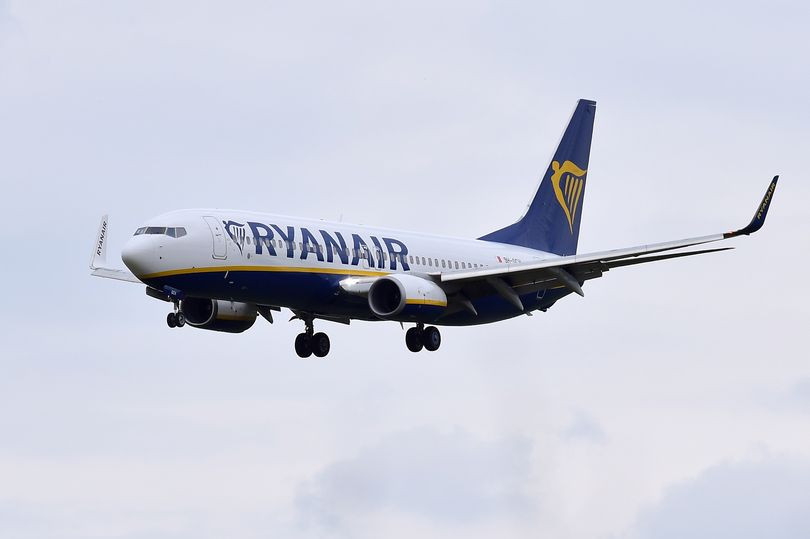Lanzarote Airport Suffers Flight Disruptions Due to Sahara Dust Cloud
Lanzarote Airport, a popular destination for tourists, experienced significant disruptions on Monday, August 19, 2024, due to a Saharan dust cloud, known as calima, that swept across the Canary Islands. The intense haze and poor visibility caused by the calima led to the suspension of all flights at the airport, resulting in numerous flight diversions and delays.
Impact on Flights and Travelers
Aena, the Spanish airport authority that operates Lanzarote's airport, confirmed that 12 flights were diverted to Fuerteventura. These included international arrivals from Leeds, Birmingham, and Dublin, as well as domestic flights from Madrid, Gran Canaria, and Tenerife.
The severe weather conditions initially led to the diversion of flights, followed by a complete suspension of arrivals until visibility improved. While operations have resumed, many flights continue to experience cancellations or delays, leaving passengers in a state of uncertainty. Airlines are advising travelers to check the status of their flights for the latest updates.
Saharan Dust Cloud and Weather Conditions
The calima is a phenomenon that occurs when fine sand and dust particles from the Sahara Desert are lifted into the atmosphere, reducing visibility and increasing temperatures. The Spanish meteorological agency, AEMET, activated a yellow weather warning for haze and calima, along with pre-alerts for storms, strong winds, dangerous sea conditions, and high temperatures.
Airport Operations and Visibility
Air traffic controllers at Lanzarote Cesar Manrique Airport reported visibility problems, forcing them to divert aircraft to alternative airports for safety reasons. Visibility was reduced to less than 900 meters, but conditions started to improve after a couple of hours, allowing flight activity to resume.
Diverted Flights and Destination Airports
Several flights from the UK, including Ryanair and Air Lingus planes traveling from Dublin to Lanzarote, were diverted to Fuerteventura. Tui and Jet2 flights from Leeds and Birmingham also landed at Fuerteventura. Other airlines from different parts of the world were diverted to Gran Canaria Airport and Tenerife North Airport.
Temperature Rise and Impact on the Islands
The calima also brought a significant temperature rise to the Canary Islands. Temperatures reached 24°C before 8:00 AM and surpassed 30°C in inland areas by midday. The situation is expected to persist until Tuesday for the calima and until Thursday for the high temperatures.
Recommendations for Travelers
Travelers in the Canary Islands are advised to stay hydrated, avoid sun exposure as much as possible, and keep emergency numbers (112 and 012) handy. The situation is being monitored closely, and updates on flight schedules and weather conditions are being provided by airlines and authorities.
Navigating Through Disruptions
The disruptions caused by the calima highlight the importance of flexibility and preparedness when traveling. It's crucial to keep track of flight updates, be aware of weather conditions, and have alternative plans in place. While the situation may cause inconvenience, it's essential to prioritize safety and follow the guidance of authorities.
A Reminder of Nature's Power
The impact of the calima on Lanzarote Airport serves as a reminder of the power of nature and its ability to disrupt travel plans. It's important to remain informed about weather conditions and potential travel disruptions, and to be prepared for unexpected changes. Despite the challenges, the resilience of travelers and the commitment of airport authorities will ensure that the flow of passengers resumes as soon as conditions allow.
A Final Note
While the dust cloud has caused widespread disruption, it's a natural phenomenon that happens periodically. The situation is temporary, and the impact on the Canary Islands is expected to subside over the next few days. With the combined efforts of airlines, airport authorities, and passengers, the inconvenience caused by the calima will be minimized, and the islands will continue to be a popular destination for travelers from around the world.

















